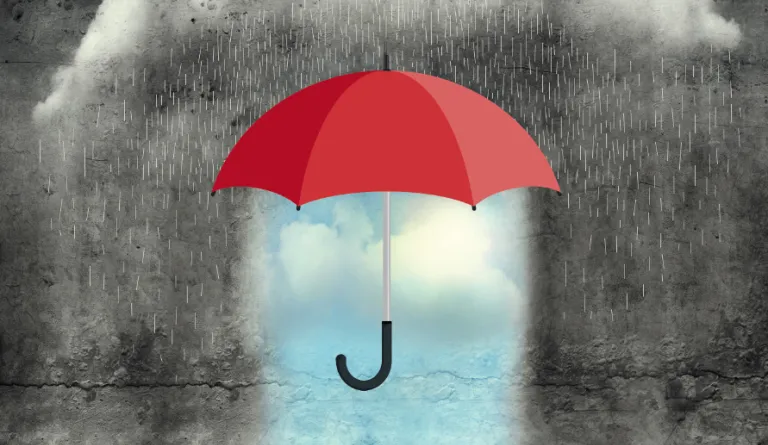New Discovery Protocols Outline How Courts Can Expedite the Recovery Process in Disaster Cases

When disasters hit, whether by hurricane, tornado, earthquake, or fire, the impacts extend beyond the immediate recovery. For the property owners, their insurers, and the courts, there is often a flood of first party property damage insurance disputes. The litigants, lawyers, and courts are all vitally interested in addressing these claims fairly, efficiently, and cost effectively.
IAALS, the Institute for the Advancement of the American Legal System, with the support of a grant from The Foundation of the American College of Trial Lawyers, is here to help. IAALS brought nationally renowned attorneys from all perspectives—including plaintiff and defense, FEMA, the Texas U.S. Attorney’s office, and state and federal judges—together to develop streamlined, pattern protocols for exchange of information in first-party insurance cases arising from disasters, both natural and man-made.
While these protocols are just being released, those at the table have already been implementing them in courts across the country impacted by recent natural disasters.
“It is imperative that our courts have better tools to manage the influx of cases that arise from what are becoming regular and persistent natural disasters,” said Judge Lee Rosenthal, Chief Judge of the United States District Court of the Southern District of Texas, Houston Division. “I have already had cases consolidated in my court flowing from Hurricane Harvey that will be managed under this new system. And I’m convinced the process will work better for everyone involved, particularly those who are seeking to rebuild their lives.”
The increasing numbers of natural and man-made disasters is well documented. Each time courts face this glut of case filings following a disaster, they have to re-navigate similar issues, resulting in a process that can be protracted and complex. The protocols take lessons learned from case management orders in past disaster litigations, as well as the experience of the experts around the table, to set forth an agreed upon list of information and documents to be produced by the insureds and insurers early in the case.
“With Florida’s hurricanes, we see the real impacts of natural disaster litigation on people’s lives. Delay in the resulting civil cases impacts not only individuals, but community-wide recovery,” said Judge Jennifer Bailey of the state’s 11th Judicial Circuit. “These protocols serve as an innovative tool to deal with the high volume of cases that follow the storm’s path.”
IAALS has seen success in facilitating the development of protocols for other case types, including employment discrimination and Fair Labor Standards Act cases.
Like insurance disputes, these categories of cases have a clear core of basic information the parties need to exchange in virtually every case, in a fair and balanced set of obligations. The protocols require this exchange, in advance of discovery, with no need for formal discovery requests and the attendant delay and cost. Those protocols, many of which have been adopted across the country, have enabled earlier document exchange, framing of the issues, claim valuation, and more efficient and targeted subsequent discovery.
“We’re pleased to play a role in bringing all sides to the table to develop this agreed upon framework for streamlining discovery in disaster cases,” said Brittany Kauffman, IAALS Senior Director. “This is an area where there is an opportunity for greatly improving the process, and we look forward to sharing these protocols widely and supporting their use on the ground. It is our hope that they will make the process fairer and more effective for all parties.”
